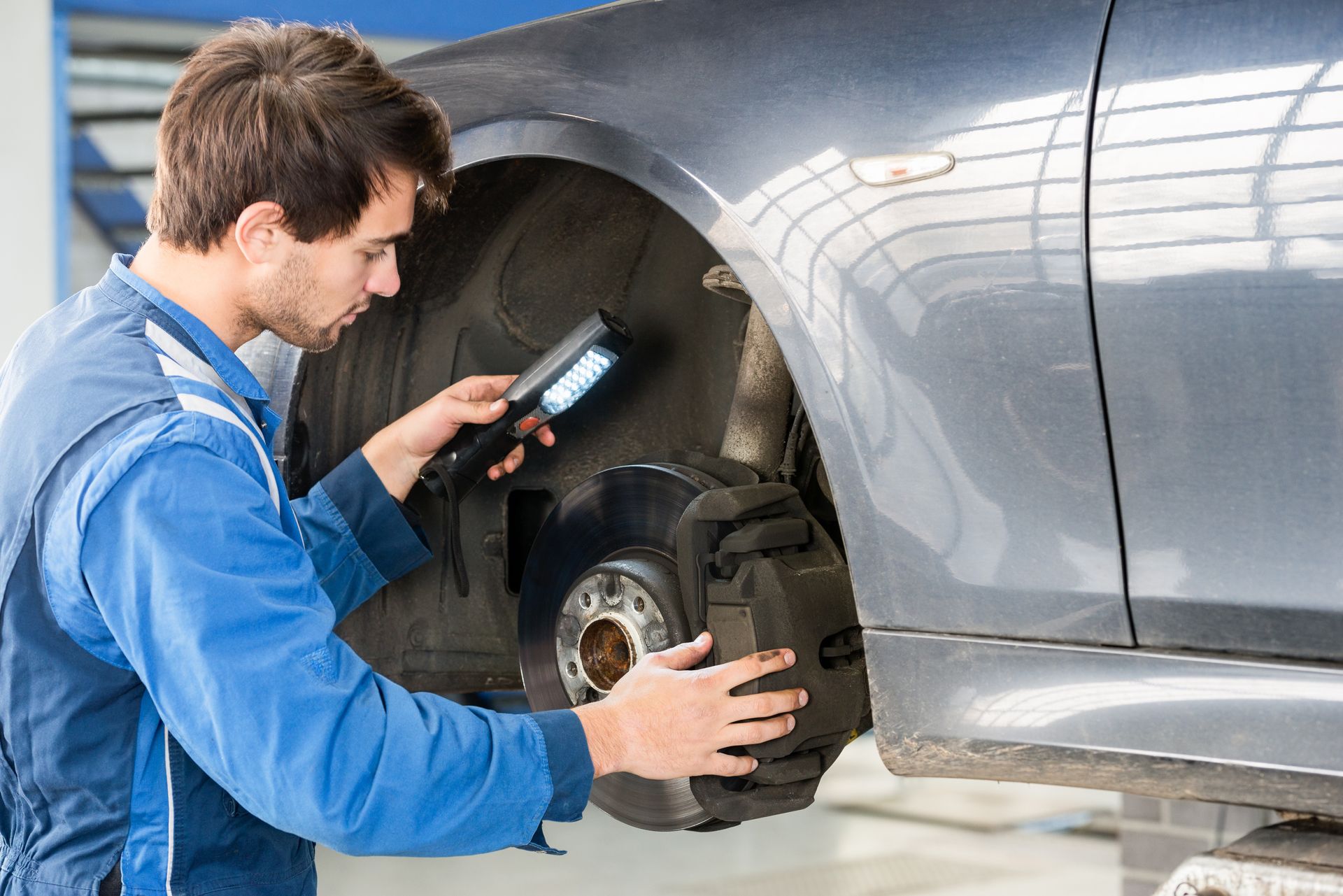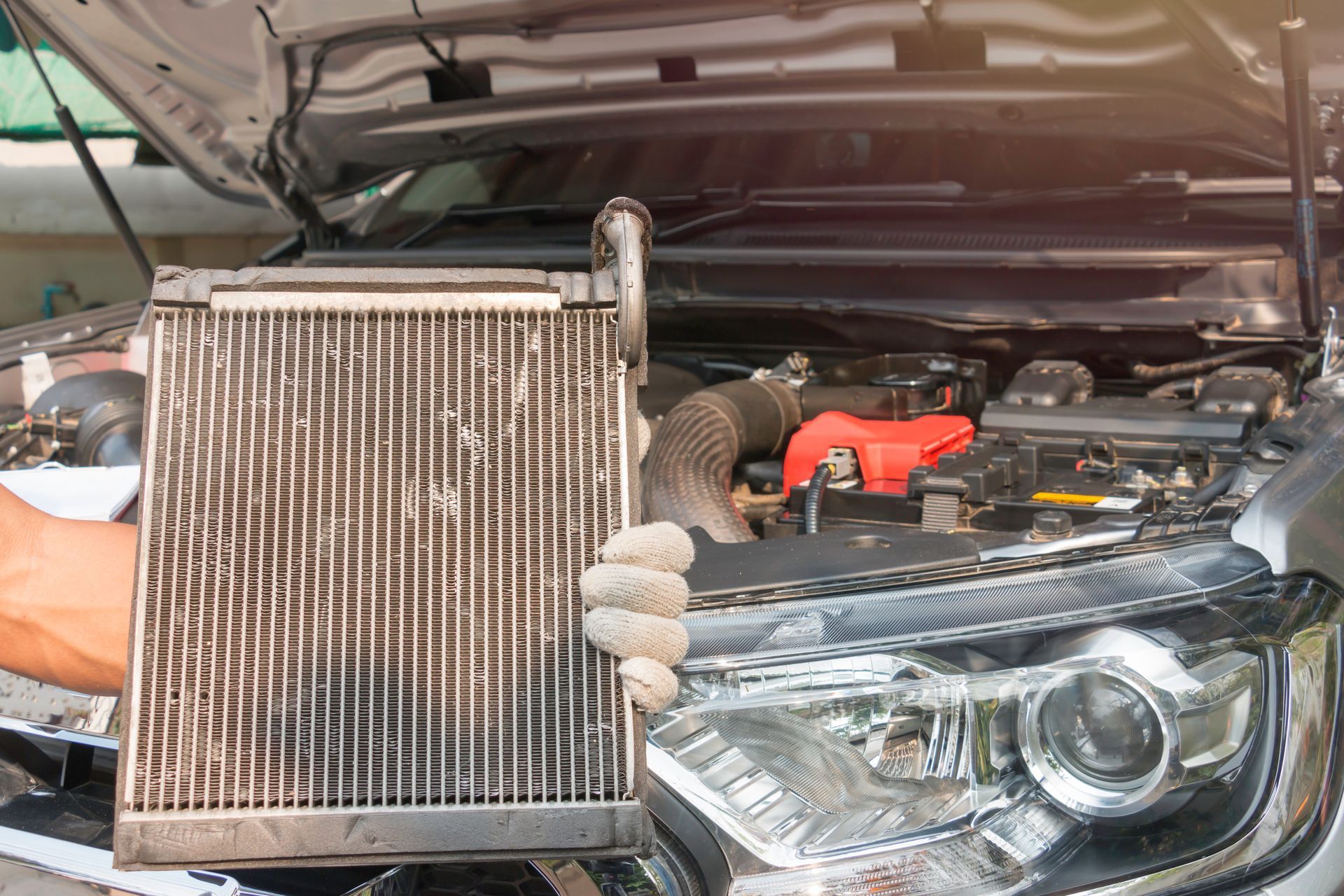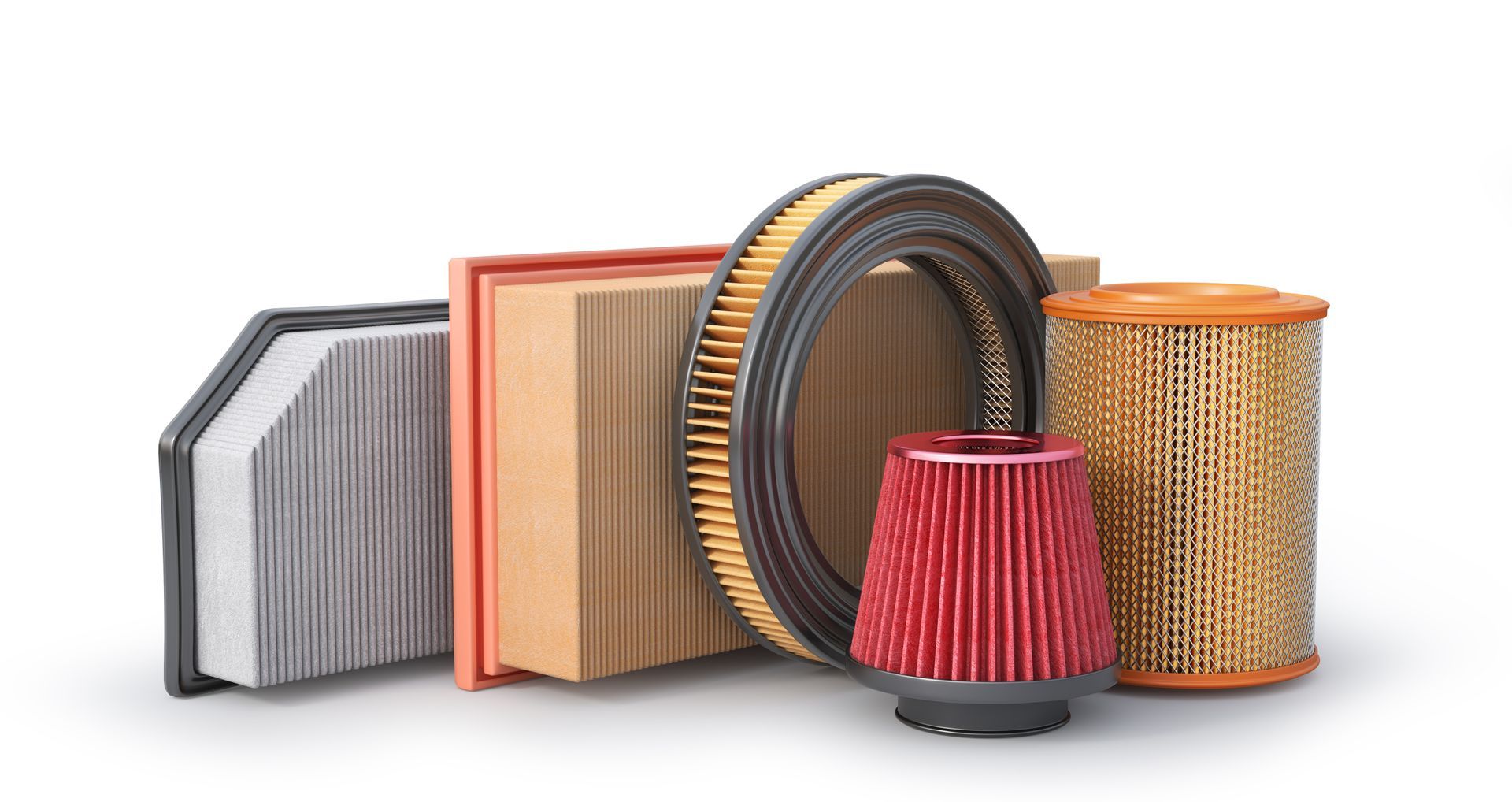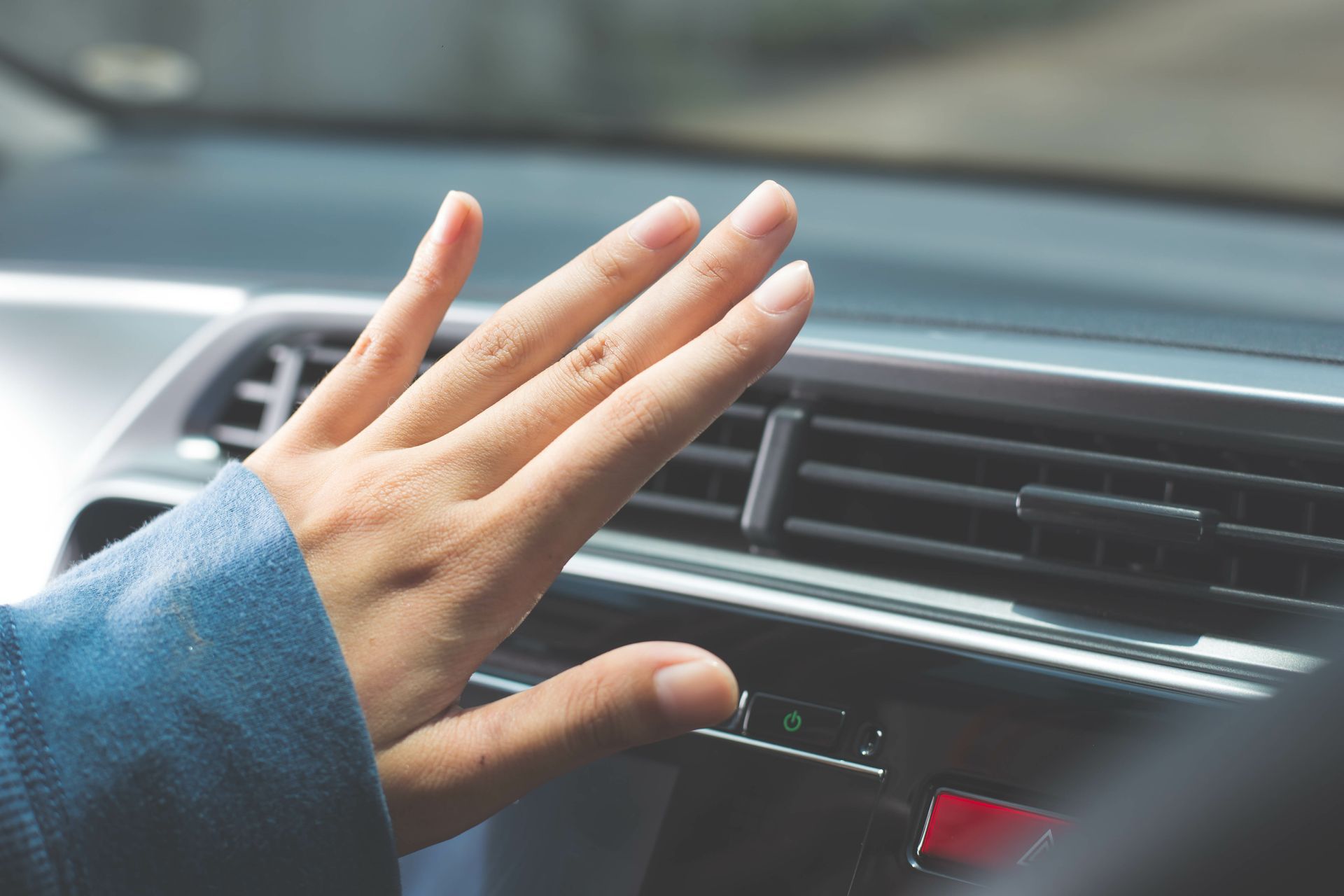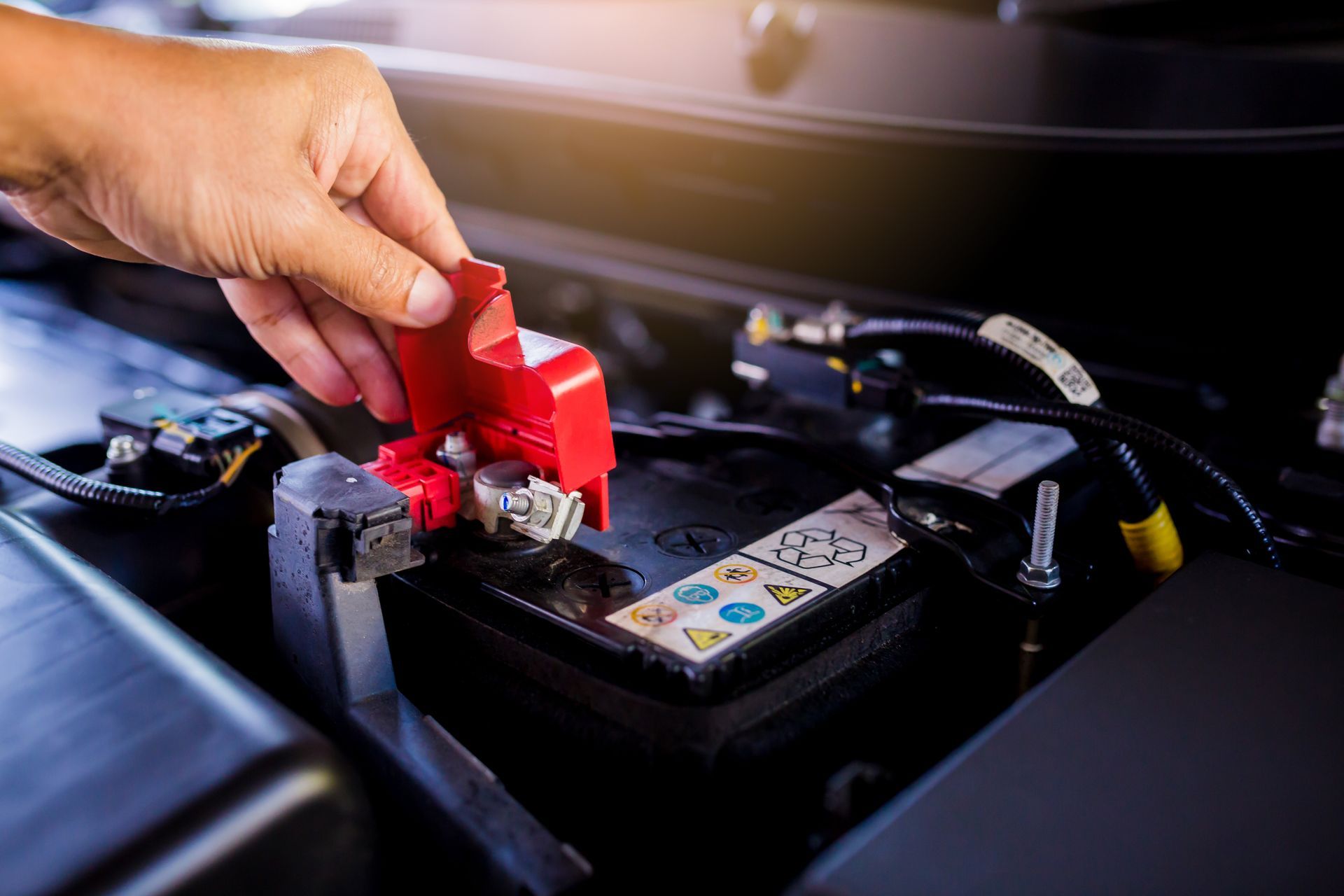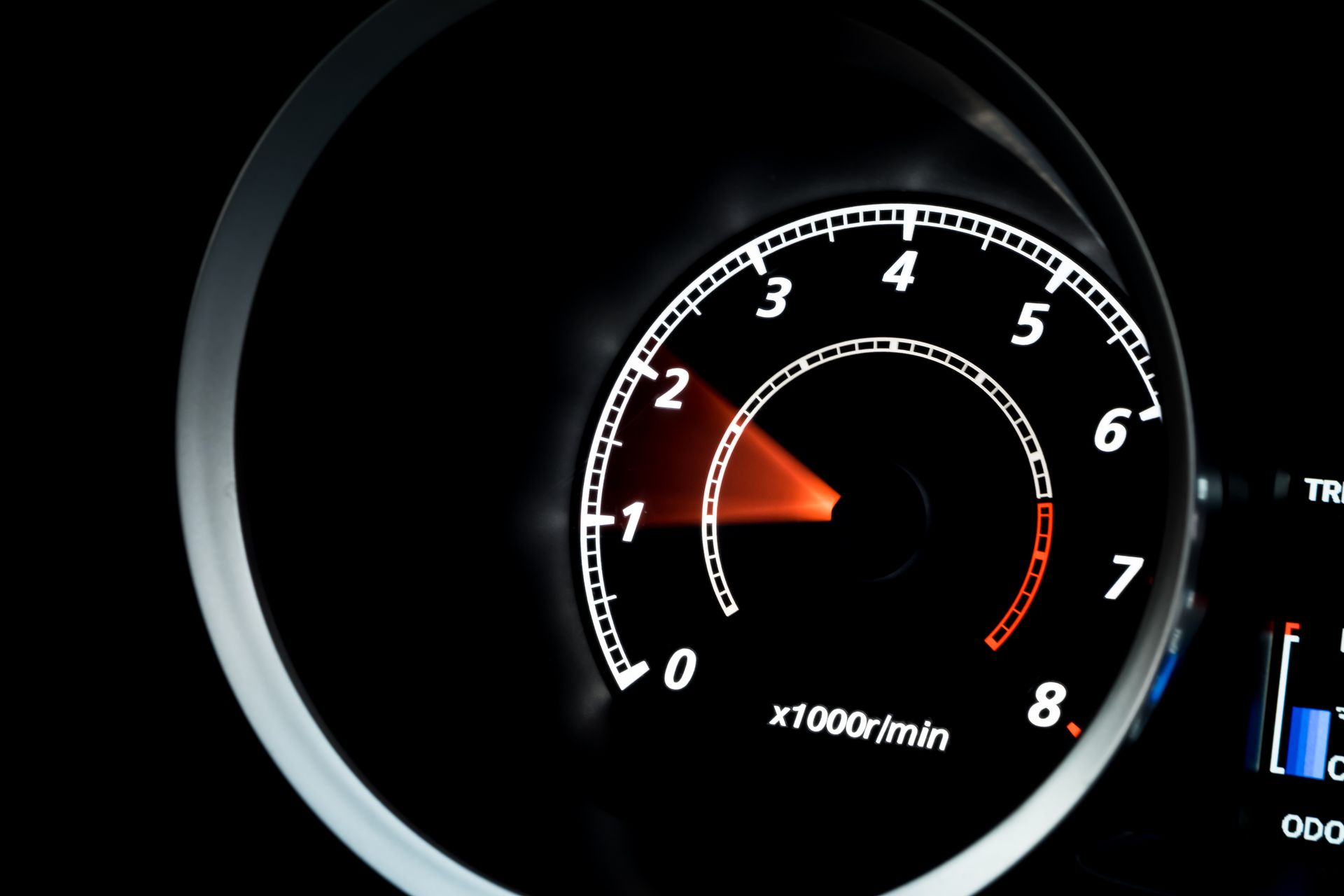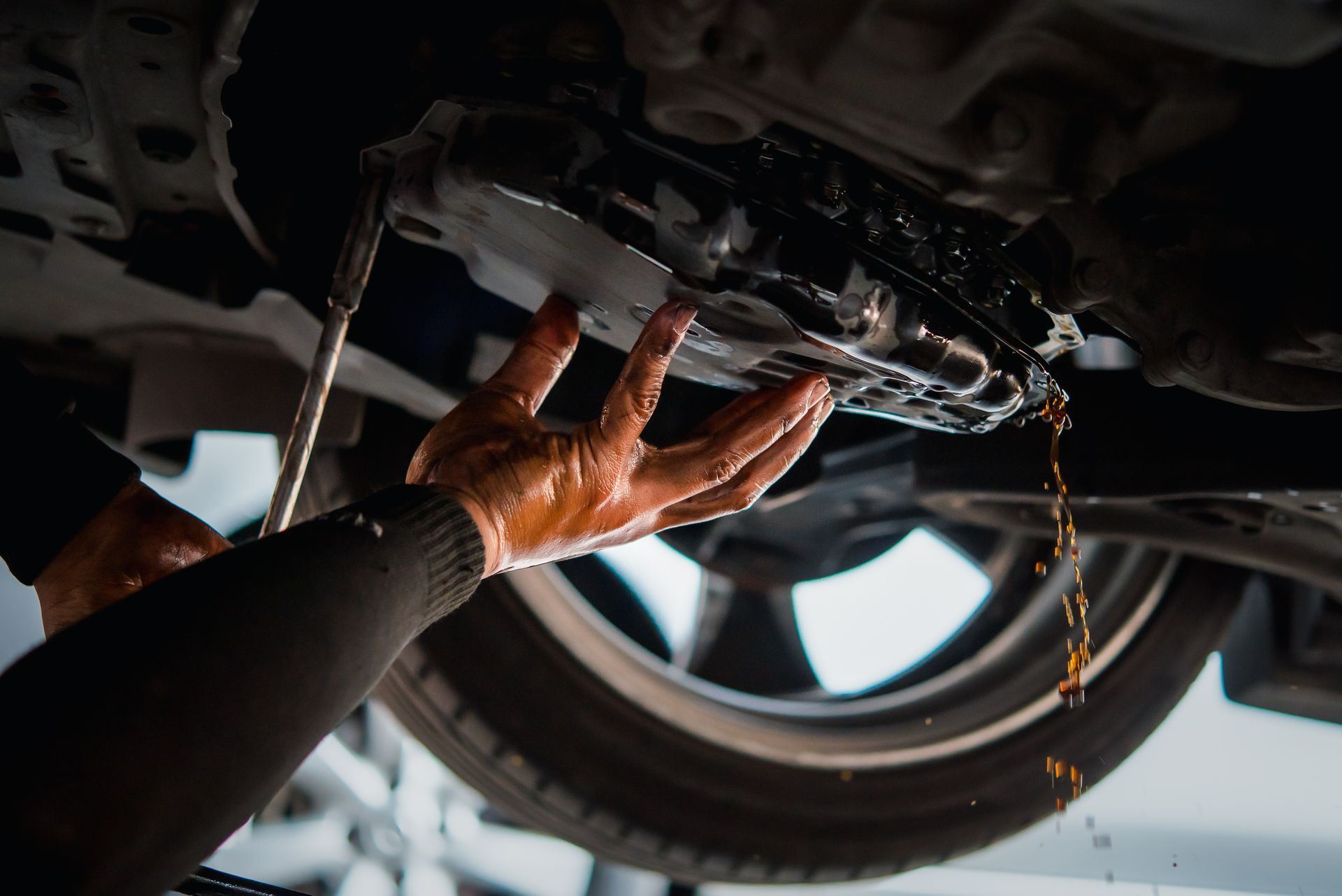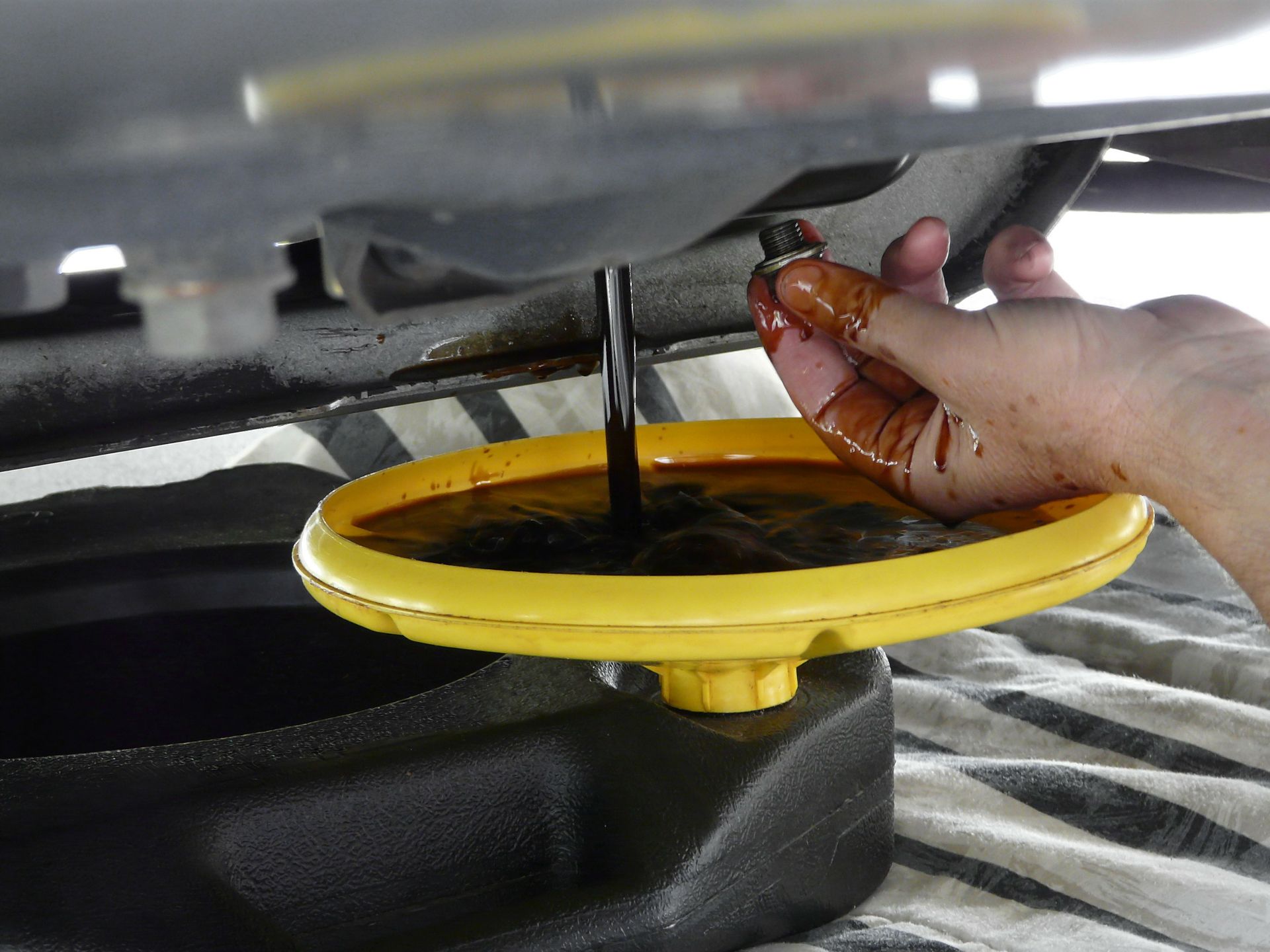As summer comes to an end, many drivers are still squeezing in weekend getaways, last-minute road trips, and visits to see friends and family. Whether you’ve spent the season cruising the highway or making frequent local trips, your brakes have been working hard. September is the perfect time to give them a thorough check so you can head into the fall driving season with confidence and safety.
Why a Brake Check in September Is a Smart Move
By the end of summer, brakes often have more wear than you realize. Heat, heavy traffic, and long drives can all take a toll. Scheduling a brake inspection before the weather turns wet and roads become slick ensures that your stopping power is at its best when you need it most.
Signs Your Brakes Need Attention
Your car may give you several warnings when the brakes are wearing down or malfunctioning. Some of the most common signs include:
- Squealing or squeaking noises when applying the brakes
- Grinding sounds, which may mean the pads are worn down to metal
- A soft or spongy brake pedal
- Vibrations or pulsations in the steering wheel when braking
- The vehicle pulling to one side during stops
Even if you don’t notice these symptoms, it’s worth having your brakes inspected regularly to catch problems before they worsen.
The Impact of Heat on Brake Performance
During summer, high temperatures and stop-and-go driving can cause brake components to heat up more than usual. Excessive heat can glaze brake pads, reducing their ability to grip, and can also warp rotors. Once warped, rotors may cause vibration and uneven braking, making it harder to stop quickly and safely.
Key Components to Check in a Brake Inspection
A proper brake inspection goes beyond just looking at the pads. Technicians will also:
- Measure rotor thickness and check for warping
- Inspect calipers for leaks or sticking pistons
- Check brake fluid level and condition
- Examine brake lines for cracks, corrosion, or leaks
- Test the parking brake for proper function
Addressing even small issues early can prevent more expensive repairs later.
Brake Fluid: Often Overlooked but Essential
Brake fluid is vital for transmitting the pressure from your foot on the pedal to the brake components at each wheel. Over time, it can absorb moisture, which reduces its effectiveness and can cause corrosion in the system. Many manufacturers recommend replacing brake fluid every two to three years, and a September inspection is a great time to see if yours needs changing.
Preparing for Fall and Winter Driving Conditions
In Lakewood, fall often means rain and slick roads, and winter brings its own challenges. Well-maintained brakes give you the stopping power needed to navigate wet intersections, sudden stops, and potential hazards. By checking your brakes in September, you’re getting ahead of seasonal hazards instead of dealing with them when conditions are already poor.
Extend Brake Life with Smart Driving Habits
You can help your brakes last longer by avoiding sudden stops, coasting to slow down when possible, and keeping a safe following distance. Avoid riding the brakes on long downhill stretches—downshifting when appropriate can help reduce wear. Regular inspections also ensure that small problems don’t escalate into costly repairs.
Schedule Your Brake Service Before the Rush
At Tveten’s Auto Clinic in Lakewood, WA, we recommend scheduling your brake inspection in September so you’re ready for the fall driving season. Our technicians will check every part of your braking system, from pads and rotors to fluid and calipers, making sure your car stops as it should.
Book your appointment today and enjoy the peace of mind that comes with reliable brakes for every drive.

